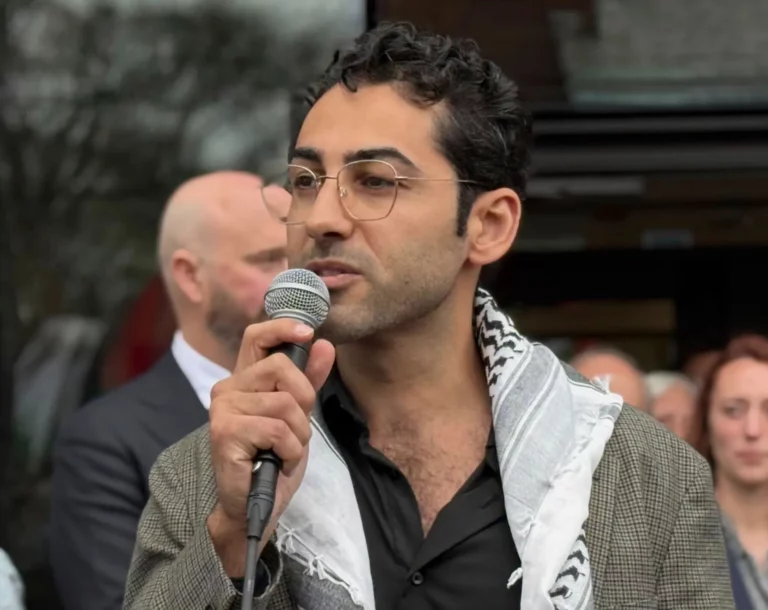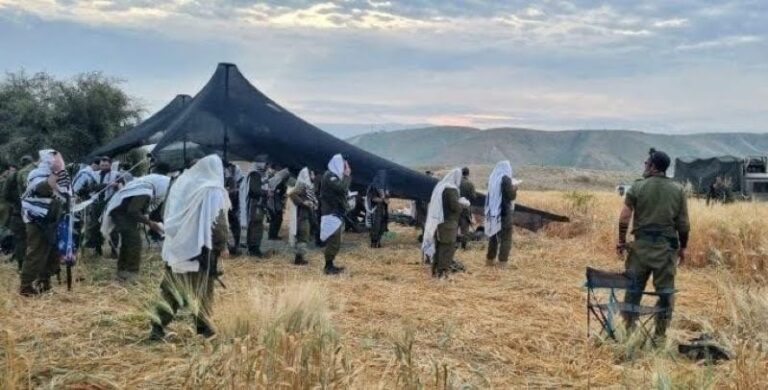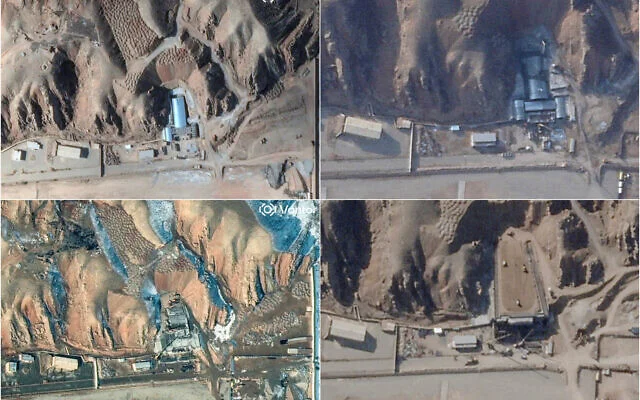The chareidi civil service not only failed to meet its recruitment goals, but also failed in its social and economic goals while hardly contributing to the integration of chareidim into the economy. This is the conclusion of a new study by Assaf Malchi, a researcher at the Israel Democracy Institute.
The study is of particular importance because, as part of the exemption from recruitment law, the intention is to extend the validity of the chareidi civilian service and even to set service goals for the army.
Malchi concludes that “the chareidi civilian service brings more economic and social harm than benefit, which is an empty policy tool – a false and partially failed civil service.” The study reveals that fewer than half of the service graduates work, and that it did not cause the participants to go out to work. 80% of the program participants stated that they are employed in positions with low salaries.
Malchi is one of the most veteran of chareidi economic researchers and of changes in the chareidi lifestyle. In the past, he has carried out many studies for the Ministry of Economics, including the subject of the chareidi civil service. Following the findings, the institute calls for the complete abolition of the chareidi civilian service, in addition to emergency frameworks such as MDA and security frameworks such as the police.
President of the Israel Democracy Institute Former MK Yochanan Plesner was the head of two committees to resolve the issue of chareidi service, and a decade ago he saw civil service as an important tool for integrating chareidi men into society and work.
Serving in the chareidi community
The failure of the civil service – a special name for national service for populations that do not necessarily identify with the state – that is, chareidi and Arab – in terms of meeting chareidi service goals is overwhelming.
In 2011, 1,090 chareidi yeshiva students joined the program, with a target of 1,200. That is 90% of the target. In 2016, 667 of the target of 2,000, or 33%, were mobilized, and by 2017 there was another drop to 533. For the sake of comparison, the army stood at 89% of the target in the 2016 enlistment year.
Malchi’s examination reveals that the chareidi civil service has failed not only numerically but also all its economic and social goals. Less than half of those serving in the civil service (48%) worked at the end of the service, compared with 42% of those who worked before their service. 63% of the graduates reported that the civil service did not help them get hired.
80% of those released are employed in education, teaching, in chareidi institutions, or as unskilled production workers and not in high-quality high-paying employment. Eighty percent of the frameworks in which the graduates served were within the chareidi community, and 75% volunteered in the fields of welfare and informal education for chareidi youth. Only 16% served in emergency and rescue organizations such as MDA, police and firefighters, so they did not acquire sufficient tools, skills and knowledge to help them integrate into the labor market.
More than half of service graduates (55%) claimed that the service did not provide a good starting point for the labor market. Sixty percent said that the preparatory workshop for the labor market, which they passed through the civil service, did not help them.
Another serious finding: “Some of the interviewees and participants in the focus groups who served in chareidi institutions noted that most of the time, they did not actually arrive, and they signed in by phone.”
Malchi also notes that “the value of economic feasibility in the civil service is not realized because its operating costs are very high.”
The operating costs of the system include payments to those serving, a mechanism within the National Service Authority, a non-profit organization and the monitoring system.
Malchi explains the crushing failure, among other things, in that the chareidi civil service is operate by only one NGO called “Friends” (Chaveirim). According to him, the association “has failed when it opted to increase the number of program participants and expanding the service tracks.” He notes that “the organization receives payment from the state for each person in the program, and its mutual interest and the NGO and that of the National Civil Service Authority is to increase the number of persons in the program at all costs, even at the cost of failing and improper service.”
“Working without ‘Fenagling’”
The recommendations of Malchi and the Israel Democracy Institute go far: “Gradually cancel the option of entering the civil service in chareidi institutions, which has been proven to be a failure.”
They propose that “service only in security and government agencies via a recruitment mechanism, with supervision and control monitoring placed in the hands of the defense establishment, the IDF or the Ministry of Public Security.” Malachi states that “only through these means can the civilian service track be rehabilitated.”
Director-General of the National Civil Service Authority, Sar Shalom Jerbi rejects the findings of the study and claims that “80% of our people work or study.”
“It’s true that jobs are not high quality, but there are working legally, without ‘fenagling’. Yes, it may not be quality work, but our children also start by working in gas stations and caretaking,” he adds.
Jerbi explains the dramatic drop in the number of chareidim who join the civil service in that the army pays the chareidim three times as much and lowering the age for exemption to 24. Avreichim who are older are permitted to join the workforce. As a result, they prefer to remain in the yeshiva until this age (24).
Shimie Geshaid (גשייד), director of the “Friends” NGO, said in response that his people come from the chareidi mainstream, “and not from the margins like many of those who enlist in the army. We constantly check and maintain overt and covert surveillance.” According to him, quite a few volunteers were sent to the army after they were caught cheating.
(YWN Israel Desk – Jerusalem)











2 Responses
From a Jewish perspective, most of the Chareidim in question are already engaged in a non-military national service program — they are learning Torah as their primary activity. This is a service that costs them greatly (yeshivos and kollels pay very little compared to private sector jobs), but is a vital activity that ensures our (Jewish community’s) survival.
If the zionists want to get more Chareidim to join their workforce, they should abolish military conscription and seriously prohibt discrimination against Chareidim, two things that go against basic zionist principles.
The first step for providing civil service is to be civil.